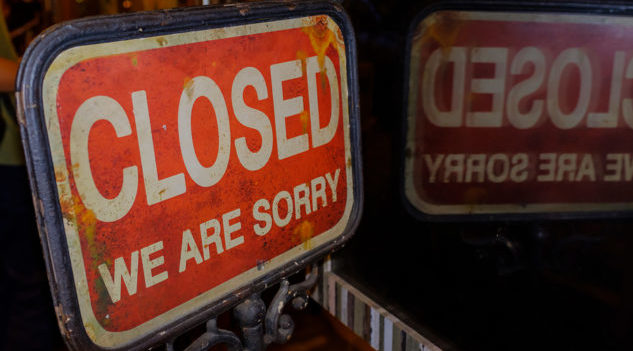The recent CreditorWatch August Business Risk Review reveals the extent to which businesses have been affected by the recent spate of lockdowns across Australia. The report shows that many businesses are either unable to trade or have decided to hold off their plans until economic conditions improve and become more certain. The data in the report back up the sentiment, noting a 12.5 per cent month-on-month drop in trade receivables.
The report also noted a 19 per cent decline in credit inquiries from July to August, with an overall 5.2 per cent decline year-on-year, the first negative result since September last year. CreditorWatch’s credit enquiries metric is seen as an indicator of business health and the results illustrate the impact lockdowns have on Australian businesses.
Also noted is the increase in the number of court cases by 35 per cent in August which the report indicates as a sign of the pressure that has come to bear on many businesses. The number of business defaults, an indicator of commercial risk, rose by 0.6 per cent in August 2021 compared to the same month last year. Although the increase was small, it represented the first rise in defaults since May 2020.
“Despite state government support packages, it is obvious that continuing uncertainty about the path out of lockdowns has impacted business confidence,” Patrick Coghlan, CreditorWatch’s CEO, said. “Many businesses are struggling to trade through lockdowns or are unable to trade at all.”
“At this point, cash reserves are dwindling and yet credit enquiries have slumped,” Coughlan added. “It is small businesses that will bear the brunt of this as they have the smallest cash reserves. Unfortunately, some businesses are in a position where they simply won’t be able to re-open at all. This is a very concerning scenario for the Australian economy.”
CreditorWatch Chief Economist, Harley Dale, noted that while credit defaults were steady over 2021 and external administrations fell heavily over July and August, this was likely to reverse once lockdowns are over.
“We’re really in an artificial economy due to the lockdowns; it’s not a normal trading environment,” Dale said. “For example, there is a dichotomy of activity between those businesses that are able to utilise technologies like click-and-collect and those that can’t. So, it’s important to view this month’s Business Risk Review in that context.
“It’s likely the full impact of the lockdowns will play out in CreditorWatch data later in the year,” Dale added.
The report notes that many businesses feel that the current trading environment is difficult at best. According to CreditorWatch, the business community at large seeks definitive guidance from state and federal governments about the reopening schedule and state and international borders reopening.
As part of its recommendations, CreditorWatch has urged federal and state governments to give businesses more certainty about when the economy will re-open in full and the stages and milestones required to achieve this.















